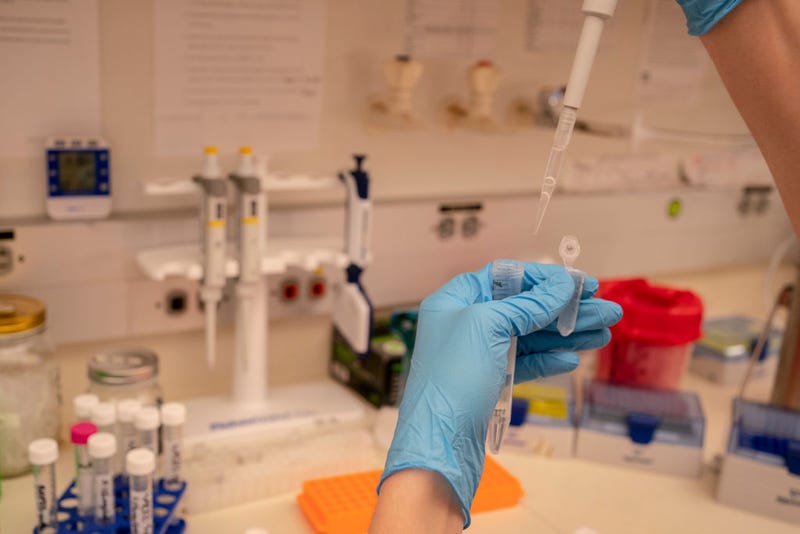
It has been an under-the-radar, yet very difficult challenge of the COVID-19 pandemic. What is causing the long-haul symptoms some patients are experiencing, and how are doctors treating them?
In part five of our series on Long-Haul COVID, we look at this mysterious illness, and why researchers say studying it is no easy task.
Dr. Michael Osterholm is director of the center for infectious disease research and policy at the University of Minnesota. He says just defining long-haul COVID is difficult.
“Well, one of the real challenges we have is defining what long COVID is,” Osterholm says. Don't forget that before COVID ever showed up, we had conditions like chronic fatigue syndrome, what someone call chronic Lyme disease, and other conditions where people have these ongoing health challenges. Many of them appear to be involved with their immune system, but some of the signs and symptoms we see with long COVID cases are very similar to what we saw before.”
Shortness of breath, loss of taste and smell, brain fog and headaches are just a few of the symptoms people suffering from long COVID experience.
The National institute of Health is rolling out a $1.15 billion study that will follow participants over a four-year period to identify long term COVID symptoms and what impact those symptoms are having.
“You know, to say you have brain fog, to say that you have some kind fatigue problem, to say that you have or lung or heart problems. What does that mean,” asks Osterholm.
In June, researchers from the Johnson and Johnson office of the chief medical officer reported that women are significantly more likely than men to experience long COVID. The NIH has also reported women and people suffering from anxiety are more likely to end up with long COVID.
Dr. Greg Vanichkachorn of Mayo Clinic has also been studying these patients and explains why it seems to affect women more than men.
“For example, female individuals are more likely to have problems with the immune system attacking the body,” Vanichkachorn says. “And this is because females typically will have a more robust and powerful immune system, just biologically. So it does make sense on a physiological level.”
Dr. Osterholm says the findings are backed by the fact that women were more likely to be impacted by chronic fatigue syndrome before the pandemic and long COVID ever existed.
“And these are real illnesses,” Osterholm says. “These are people who are really sick, but we don't quite understand why. And it may have something to do with unique gender based aspects of the immune response. So how it happens, what turns it on, what turns it off, et cetera?”
Osterholm says expanding studies like the NIH study to include more individuals will help researchers get a better understand of long COVID and how to treat it.
“We need these kinds of studies,” Osterholm says. “We need people to be enrolled in those studies and to really understand what we can do to help these people. They really are suffering. There's no question about it. Long COVID is a real challenge.”
See all parts of WCCO's Five-Part Series on Long-Haul COVID here.



